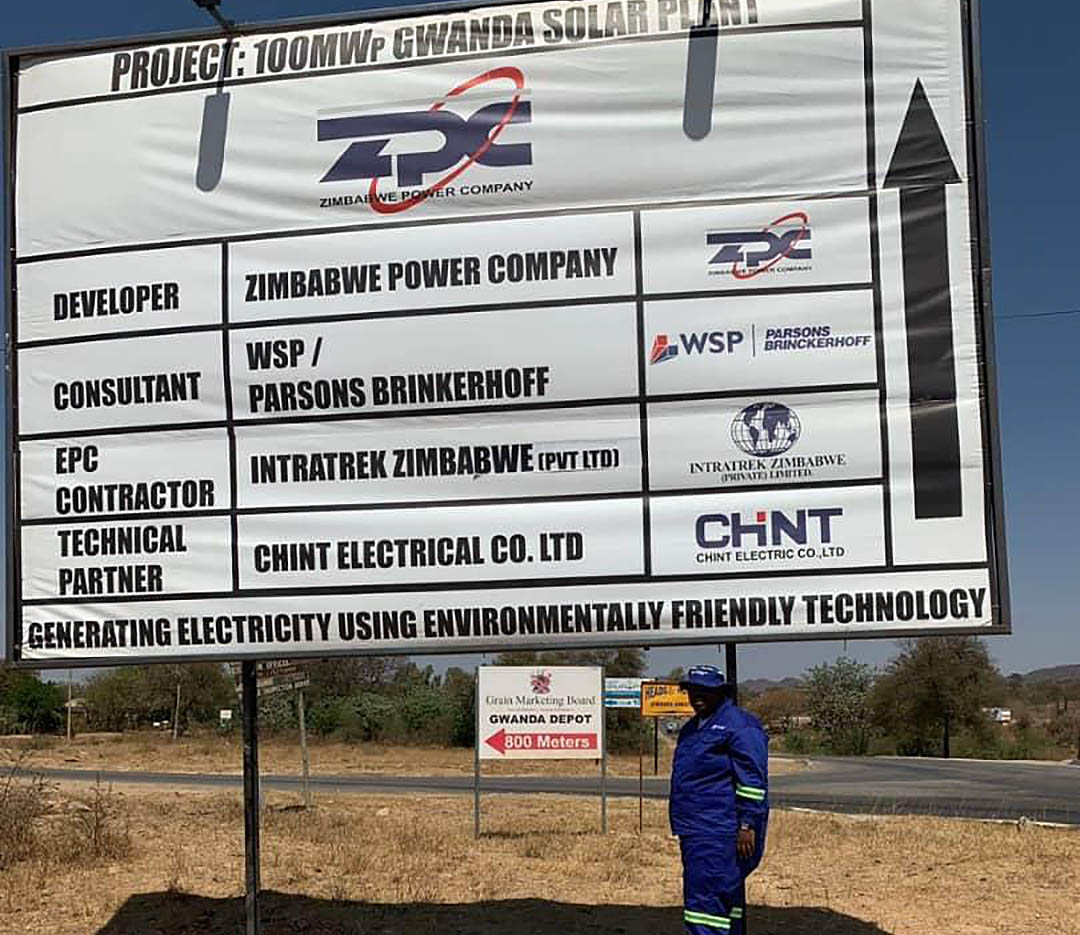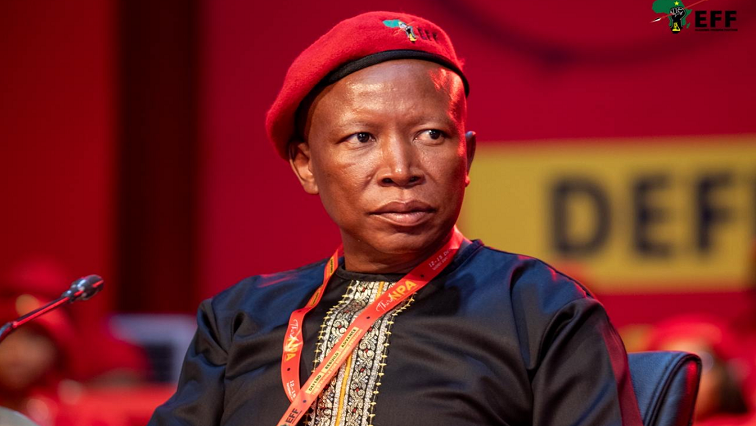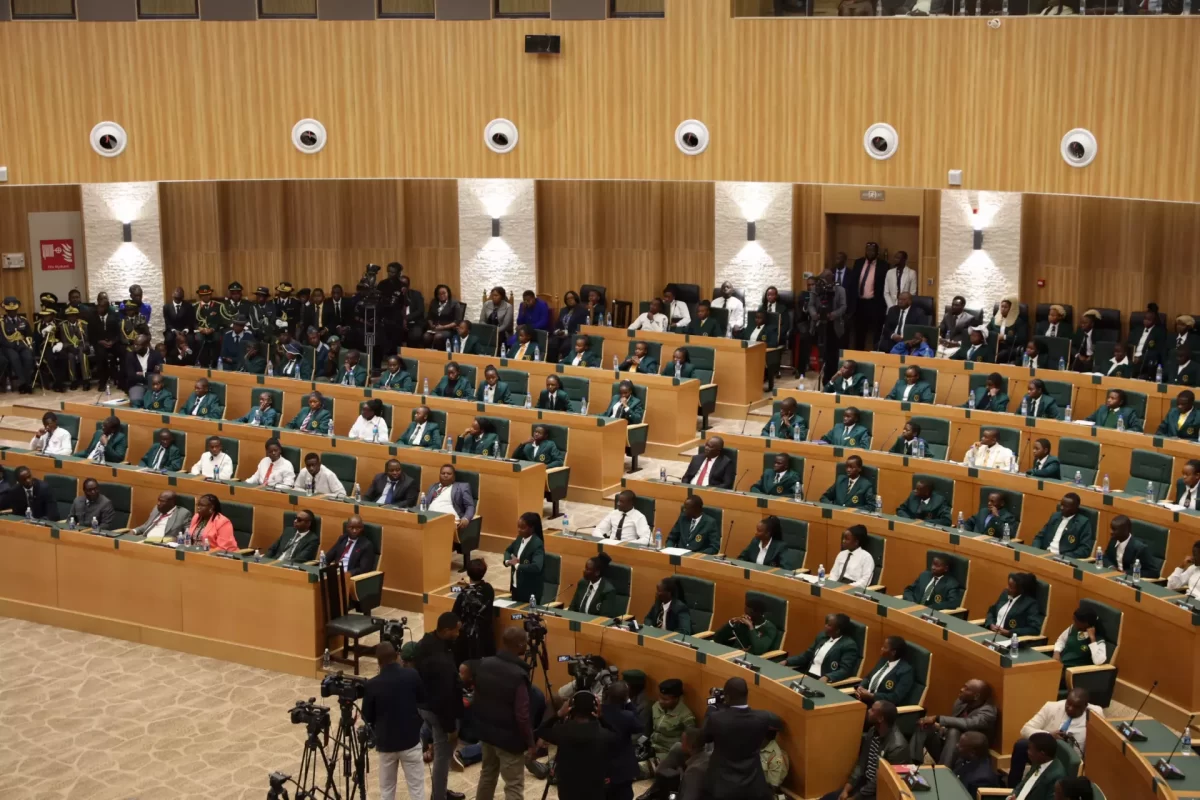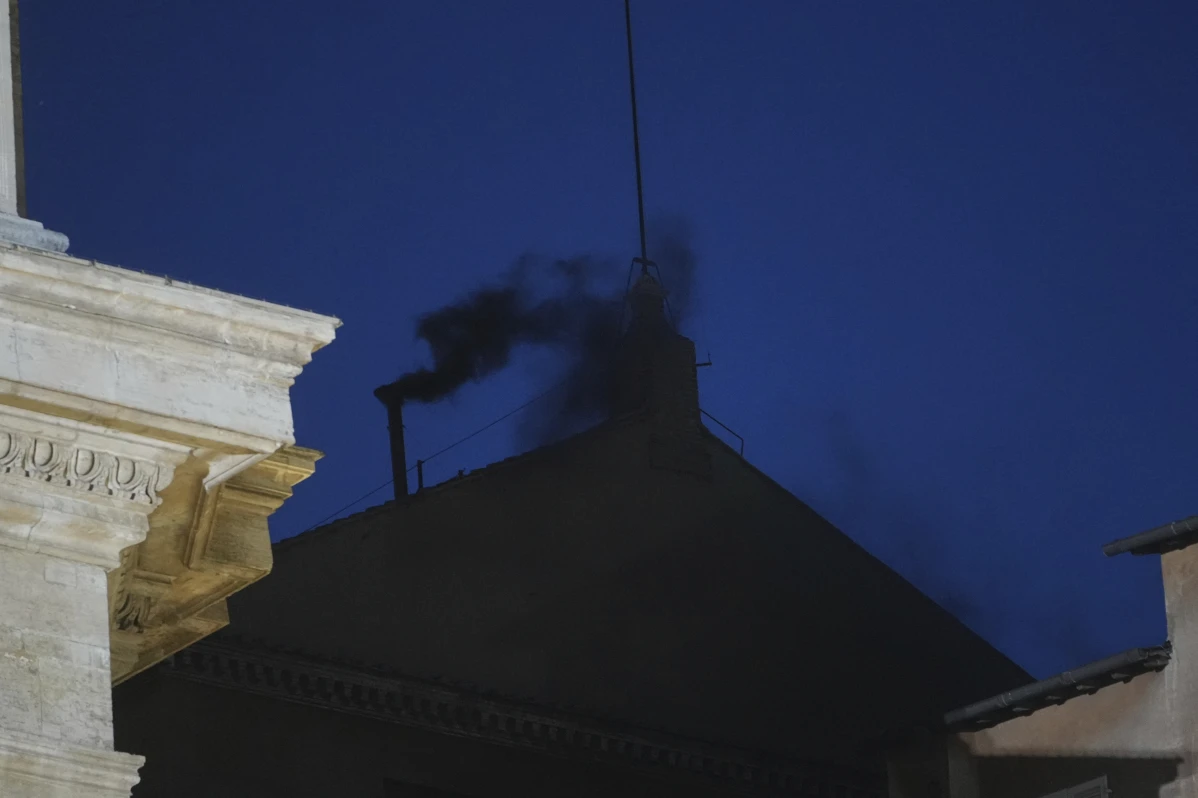HARARE – The High Court has ordered the Zimbabwe Power Company (ZPC) to implement its side of the bargain after rejecting the company’s bid to wriggle out of implementing a contract with Intratrek Zimbabwe, which was awarded a US$173 million tender in 2015 to construct a 100-megawatt solar power station in Gwanda, Matabeleland South.
Justice Siyabona Paul Musithu of the Harare High Court on Wednesday granted an application by Intratrek for “specific performance”, this after another High Court judge ruled last year that the contract between ZPC and Intratrek was still valid.
Intratrek beat five other bidders for the tender for engineering, procurement, and construction of the solar plant, but ZPC – a subsidiary of power utility ZESA – later purported to cancel the agreement after accusing Chivayo of fraud.
Intratrek and its director Wicknell Chivayo were acquitted, leading to the company dragging ZPC to court last September seeking an order for specific performance – a decree by the court to compel a party to perform its contractual obligations. Alternatively, Intratrek wanted ZPC to be ordered to pay US$25 million in damages.
Justice Musithu granted the order for specific performance, stating in his ruling: “Resultantly it is ordered that: The procurement contract for the Engineering, Procurement and Construction (EPC Contract) of the 100MW Gwanda Solar Project (ZPC 304/2015) between the Intratrek and ZPC as amended is valid and binding between them.
“Consequent to the declaration of the validity of the EPC Contract, an order for specific performance of the said contract is hereby granted.
“ZPC’s claim in reconvention is hereby dismissed with costs. The defendant shall pay Intratrek’s costs of suit in the claim in convention.”
In its application, Intratrek said it had lost out on business worldwide during ZPC’s lengthy pursuit of criminal charges against the company and Chivayo.
Now eight years later, Justice Msithu said ZPC was wrong for frustrating its contractor who won the right to implement the project through an open tender.
Intratrek’s lawyer Advocate Lewis Uriri said after the judgement: “The judge has ordered specific performance. If specific performance is not possible for any reason, we will go back to court for quantification (of damages).
“Of course, we were seeking US$22 million in damages (and US$3 million in expenses), but that was not granted. What was granted was specific performance. The ball is now back in ZPC’s court to comply.”
Zimbabwe is in the grips of a major power shortage which has seen households and businesses going without electricity for up to 18 hours daily. Ageing and increasingly unreliable coal-powered power stations and low rainfall at the Kariba hydro power station are forcing the government to look to renewable energy, but completed projects remain too few to affect overall generation.
















